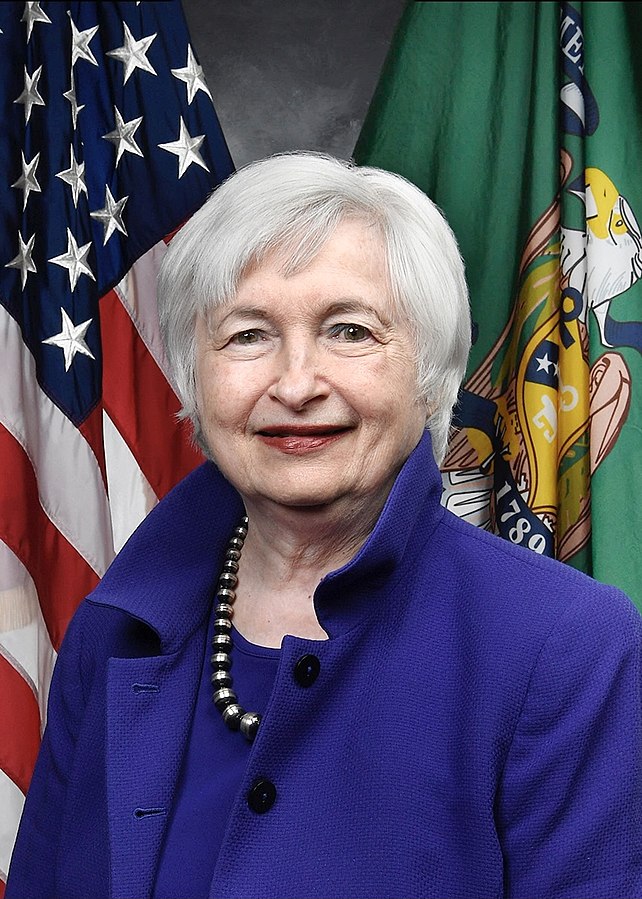U.S. Treasury Secretary, Janet Yellen, has said that she believes the strong qualifications of the U.S. nominee to lead the World Bank, ex-Mastercard CEO Ajay Banga, will overcome any criticism of the selection process.
Yellen, who stated this at the G20 meeting in India, affirmed her support for the longstanding tradition of the United States choosing the World Bank’s leader and Europe choosing the head of the International Monetary Fund (IMF). But she said that privilege comes with a responsibility to “nominate the strongest possible candidate” for the job.
“We’ve taken this very seriously and tried to identify a candidate that we think brings the right skill set to this job,” Yellen said. “And we hope that our candidate will be broadly accepted in both lending countries and borrowing countries.” Yellen said she was pleased so far with positive reviews from G20 finance officials for Banga, 63, an Indian- born U.S. citizen who has won accolades for his work transforming Mastercard and working to lift people in developing countries out of poverty. But the swiftness with which President Joe Biden nominated Banga, in a surprise pick immediately after the World Bank’s board began accepting nominations on Thursday, drew criticism from some non-profit groups, climate and development professionals that the United States never wanted an open contest for the job and sought quickly to deter challengers. As the World Bank’s largest shareholder with 16.35 per cent of its voting power, the United States wields strong influence over the bank’s policies, and the lender’s president works closely with the Treasury Department. “So much for a merit-based transparent process with female candidates strongly encouraged,” said Claire Healy, Washington director for the E3G climate think tank, referring to the board’s selection process announcement. “Time is short and the stakes are high, so concerns about the process will likely be set aside to get the reforms done,” Healy added.
Yellen is pressing the World Bank to refine a package of sweeping reforms aimed at vastly expanding its lending resource and mission to tackle climate change and other global challenges. Banga will face a tough slate of issues around the institution’s finances and capital structure from the start — thorny problems he must address as he reshapes the bank into a force for combating climate change on top of its traditional role as a poverty fighter. “There’s broad agreement that we need to mobilise private capital. “This is an individual who has a better chance of being able to accomplish that than anyone else I can honestly think of,” Yellen said. She added that his background “really is quite different” from past World Bank presidents, who were often picked from positions in government service. “This is somebody who grew up in emerging markets, spent most of his career working in Africa, the Middle East, Asia, really deeply understands and has lived in countries that face development challenges,” she said.


